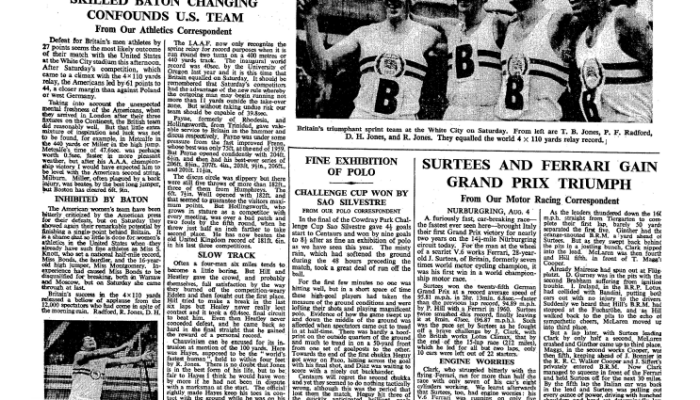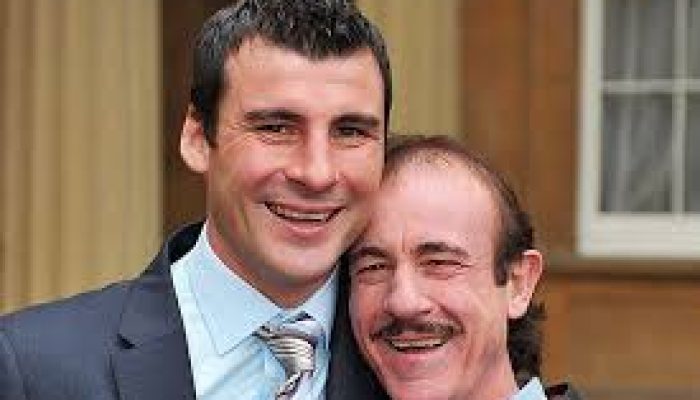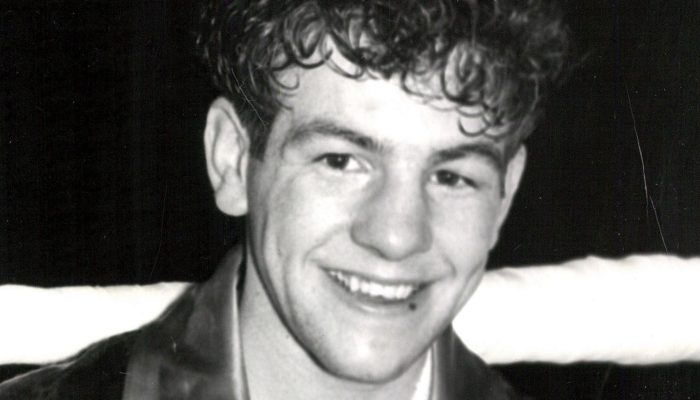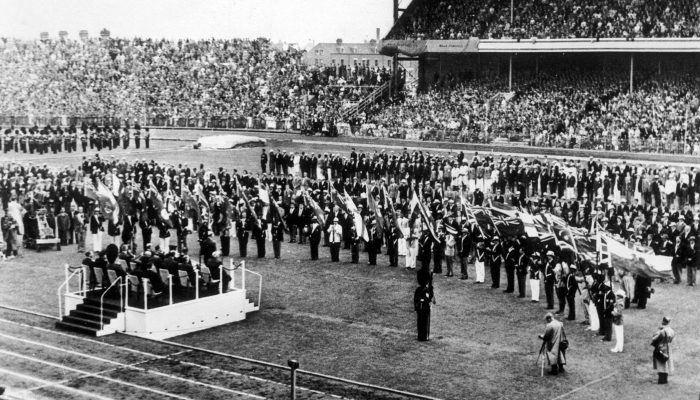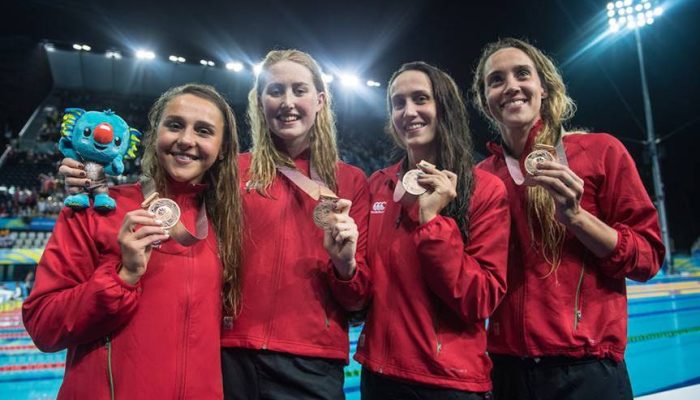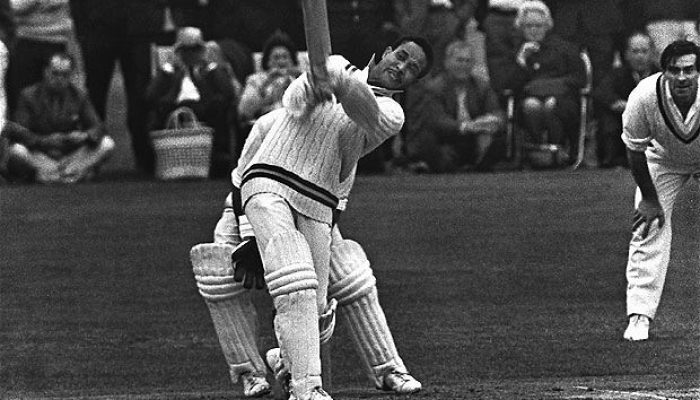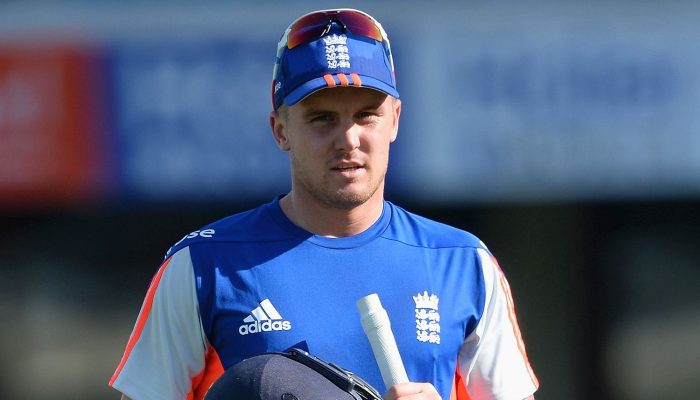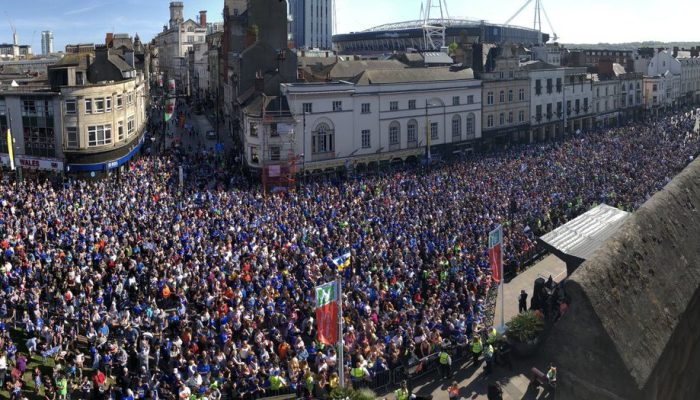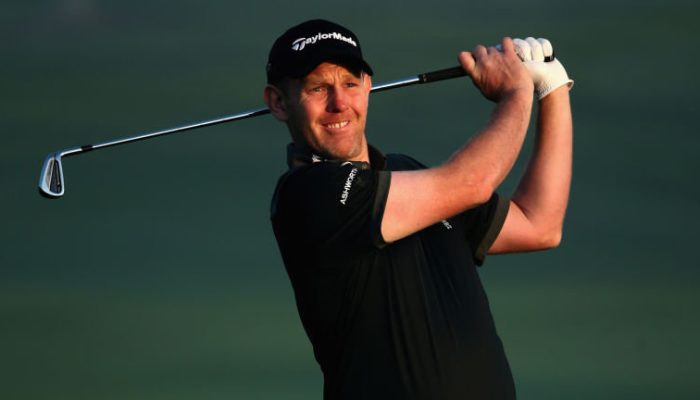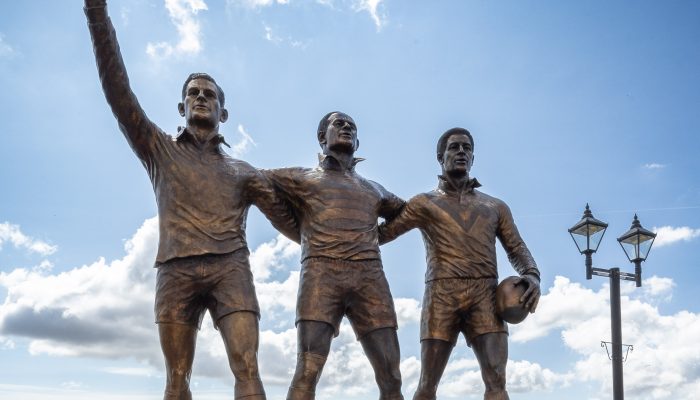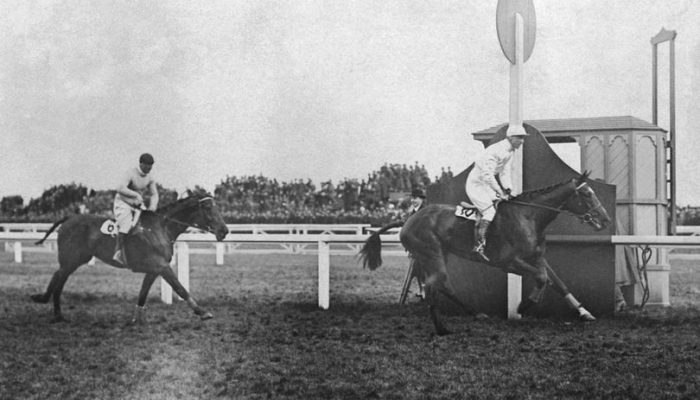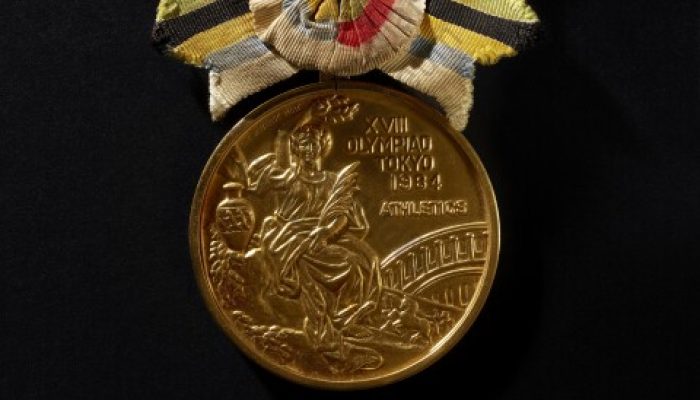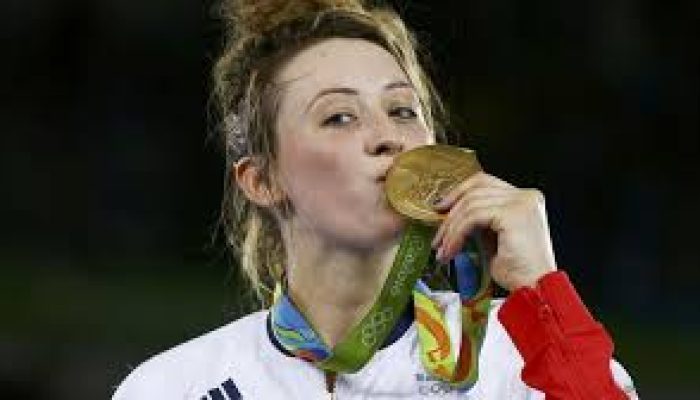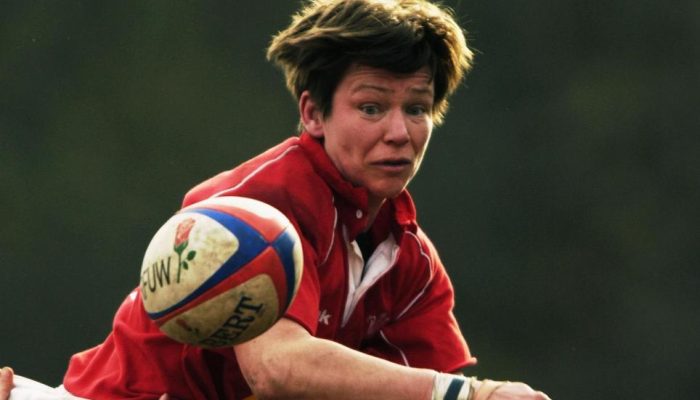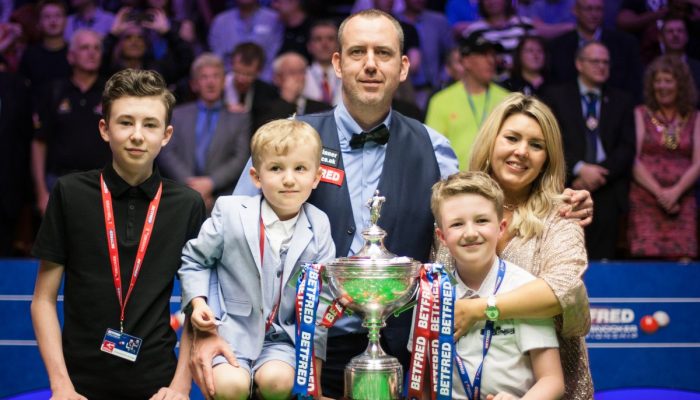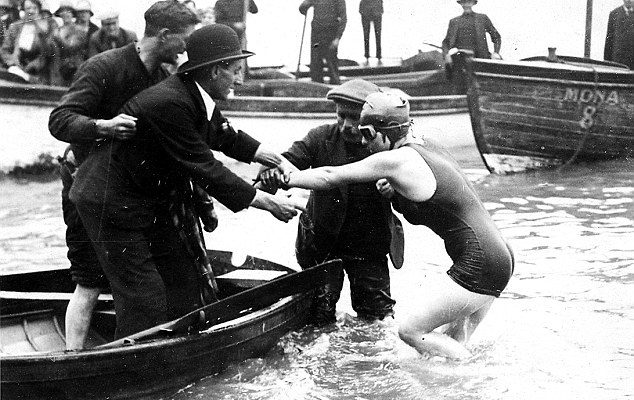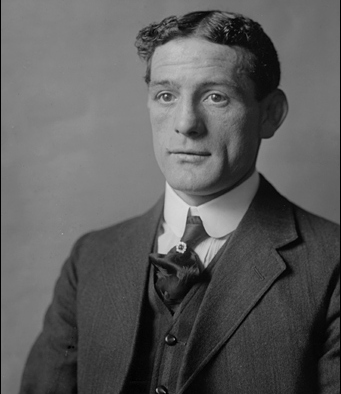
Jim Driscoll
Jim ‘Peerless’ Driscoll fought American Abe Attell for the World Featherweight crown in 1910 and, even though he didn’t return home with the title, remains one of Wales’ greatest boxers. Born in Cardiff it was estimated that 100,000 people lined the streets of the city as a mark of respect for his funeral following his death in 1925. He was only 44.
One of eight children born to an Irish family in the dockland area of Cardiff, his father died in a train accident shortly after his birth. He worked as a printing apprentice at the Western Mail and learned his boxing skills in the booths. It was estimated he fought 600 bouts before turning professional in 1901.
He won his 10 of his first 14 fights by knock-out, but gained his reputation on the British and then global stage for his speed of thought, feet and hands. He boxed as a professional for 18 years and won 58 of his 77 fights and lost only three. He boxed in an age when there a “no contest” rule in place. If you didn’t knock-out your opponent, then no result was declared.
That is what happened in his fight against the world champion, Attell, at Boston’s National Athletic Club. The headline in the Los Angeles Herald told the story of the 10 round fight: ‘Briton Outpoints, Outgenerals and Outslugs Featherweight Champ and Leaves No Doubt as To His Superiority’.
Driscoll, then 27, headed to America in November, 1908, and had none fights before meeting Attell three months later. He went to the USA as both British and Commonwealth Featherweight champion, but failed in his first bid to add the European Lightweight title to his collection when he was disqualified in the 10th round of the clash with fellow Welshman Freddie Welsh at the American Skating Rink, in Westgate Street, Cardiff, in 1910 for headbutting.
He eventually went on to beat Frenchman Jean Poesy to claim the European Featherweight title at the National Sporting Club, Covent Garden, in 1912. He put all three titles on the line against Owen Moran in London the following year and emerged with a draw after 20 rounds.
That was his final fight before WW1, when he served in the army as a physical training instructor. He returned to the ring at the end of the war and finally lost his European crown to Charles Ledoux, of France, when he retired in the 16th of the 20 round contest. It was his final outing and brought down the curtain on an incredible career.
Driscoll gave so much to his home town and was a regular at the Nazareth House Orphanage Charity Days. He died of consumption on 25 January, 1925, and was laid to rest at the Cathays Cemetery. A statue of him stands at the top end of Bute Street, close to where he used to train at the Cardiff Boys Club.
James Driscoll (Boxer) Born in Cardiff on 15 December, 1880; Died in Cardiff on 30 January, 1925


